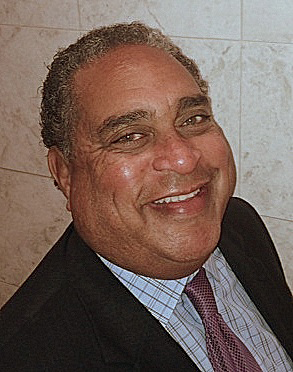Wealth creation, property ownership, and tax planning for everyday Americans were forever changed for the better in 1921 when the IRS enacted section 1031 of the Internal Revenue Code.
"No gain or loss shall be recognized on the exchange of property held for productive use in a trade or business or for investment if such property is exchanged solely for property of like kind which is to be held either for productive use in a trade or business or for investment." -IRC §1031
This provision empowered ordinary taxpayers, working folks who owned income or investment properties, farms, mineral rights or timber land to more fully participate in bettering their circumstance. This economic expansion has since become a part of the American dream. In 1971, the landmark Starker case resulted in very specific rules relating to time frames and procedures that must be followed. Those rules form much of the framework used today. No longer obscure, §1031 exchanges have made the transition from Wall St. to Main St. In 2012, the total value of tax deferred exchanges was $3.2 billion. With real estate values rising, that figure is expected to increase in 2015.
Ironclad Rules:
IRC §1031 provides for the deferral of taxes in the furtherance of acquiring replacement properties. For example, an investor who owns a two unit rental can "exchange" into a four unit rental without recognizing the gain (tax consequence), provided the transaction is orchestrated properly. An exchange is not a sale and purchase, therefore the exchanger cannot take 'constructive receipt' of funds prior to buying the replacement property. Funds must go into an escrow account, usually administered by an independent third party, known as a Qualified Intermediary. A good QI, usually a trust company or bank, will help keep the exchanger between the lines. The rules are black and white with no wiggle room, especially regarding the timeframes. From close of the relinquished property to close of the replacement property, there can be no more than 180 days. Replacement properties must be identified within the first 45 calendar days.
Professional Guidance:
While an experienced QI can help exchangers work within §1031 guidelines, tax, accounting, and legal professionals can play a critical role ensuring the exchange benefits are maximized. Correct cost basis and depreciation analysis of the relinquished property is the lynchpin to moving forward successfully. Exchangers should not take any chances with these numbers.
Delaware Statutory Trusts:
Enacted August 16, 2004, Revenue Ruling 2004-86 was a significant milestone in the evolution of real estate investing--a true game changer. The ruling 'securitized' the asset class. Exchangers are no longer constrained by location, property type or investment size. No longer limited to a 100% fee simple ownership profile property. The ruling allowed exchangers to buy a fraction of one or more properties to perfect their exchange. A farm owner could now exchange land for a Walgreens portfolio. A duplex owner, tired of toilets, tenants, and trash, could now exchange into a grocery anchored shopping center. For the very first time, these commercial assets became available to Main Street investors. The line between traditional real estate investing and purchasing a Delaware Statutory Trust became nearly indistinguishable. This ruling has not been without complications. Sales of 'securitized' real estate require a licensed securities broker and most traditional realtors are not licensed as such. Securitized real estate also requires investors to be accredited, meaning of higher net worth, and possess an understanding of the risk factors associated with the asset class and the particular investment. The risks of a DST are detailed in the program's Private Placement Memorandum, which should be read thoroughly prior to investing.
Prime 1031 Exchanges
There are over 40 securitized real estate sponsors with more than 50 investment programs currently in the marketplace. We select a small number of programs from proven sponsors that meet our investment criteria. We encourage multi-property diversification and look for amortizing debt, rational fee/debt structures, with a feasible exit strategy. Whether an exchanger is ready to leave the rigors of active management for passive income completely, or may have excess proceeds after exchanging into a traditional property of less value, a DST may suit their specific need. At the end of the day, whatever transaction you might decide upon, remember two things -- it must make economic sense and pass the SWAN test. If your choice won't allow you to "sleep well at night," take a pass. Happy exchanging!
Gregory Hill is managing partner at Prime 1031 Exchanges, Pittsburgh, PA.
Tags:
Wealth creation, property ownership and tax planning forever changed with 1031 exchanges
March 26, 2015 - Front Section









